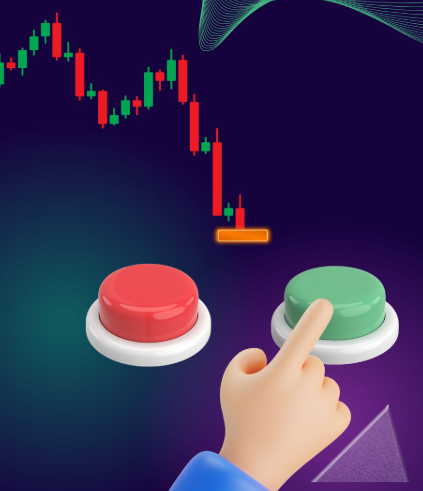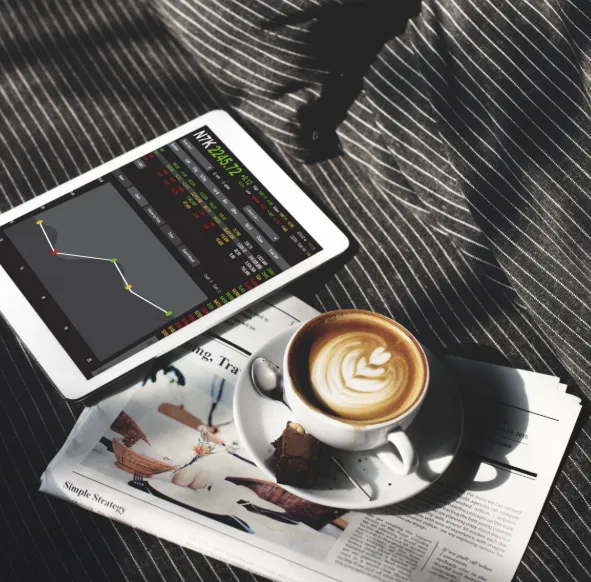Binary options often appear enticing to those looking for quick profits. The simplicity of choosing whether an asset will move up or down within a short time frame can make trading seem accessible, even for beginners. But beneath that straightforward exterior lies a world of hidden dangers. The structure of binary options heavily favors brokers, and the risks involved far outweigh the potential gains. Here’s what you need to know before venturing into this space.
How Binary Options Function
Binary options are contracts that pay a fixed return based on a yes/no outcome—typically whether an asset’s price will be above or below a specific level at a set time. These timeframes are often extremely short, sometimes lasting just one or two minutes. If your prediction is correct, you receive a predetermined payout. If not, you lose the entire amount staked.
Unlike traditional investing, where positions can be adjusted or exited as market conditions change, binary options offer no such flexibility. Once you place a trade, you’re locked in until the expiry time hits. This “all-or-nothing” design skews risk heavily against the trader.
The Core Risks of Binary Options
1. All-or-Nothing Outcomes
The biggest issue with binary options is the binary structure itself. You either win a small payout or lose your entire stake. This lack of partial wins or loss control makes sustained profitability extremely difficult, especially in volatile markets.
2. Ultra-Short Timeframes
Predicting price action over a 60-second window is nearly impossible, no matter how skilled or experienced you are. The shorter the expiration, the more random the outcome becomes.
Market Risks Are Amplified
Binary options offer no tools for managing active trades. In traditional trading, stop-losses and hedging strategies can reduce exposure. Here, you’re forced to ride out every position to expiry, regardless of sudden market shifts.
Short-term volatility, driven by economic news or geopolitical headlines, can easily derail what might have been a sound directional bet. You’re not just betting on the asset’s trend—you’re hoping that trend materializes within seconds.
Operational Red Flags
Many binary options platforms are not overseen by respected financial regulators. This lack of oversight opens the door to numerous issues, including:
- Trade manipulation
- Delays in withdrawals
- Unreliable platform performance
Brokers operating from loosely regulated jurisdictions—or worse, entirely unregulated ones—pose major risks to your capital.
The Psychological Toll
The fast nature of binary options can create a gambling-like environment. Rapid losses often lead to emotional decisions, which spiral into bigger mistakes. It’s not uncommon for traders to chase losses, fall into compulsive trading habits, or suffer significant mental stress trying to “win back” lost capital.
The Financial Downside
Binary options might seem cheap to trade, but hidden costs quickly add up. While brokers might not charge obvious fees, the odds are rarely in your favor. The payout for a successful trade is typically less than what you risk, meaning you must win a majority of your trades just to break even.
Adding leverage to the mix—offered by some binary brokers—only magnifies this risk. While you can open larger positions, the losses are equally amplified, sometimes exceeding your initial investment.
Legal and Regulatory Hazards
In many countries, regulators have issued warnings—or outright bans—on binary options trading due to the high level of fraud and risk. Participating in binary options in a jurisdiction where it’s prohibited could carry legal implications, and even where it’s legal, the lack of protection for retail traders is alarming.
Reducing the Risks (If You Still Insist)
If you still plan to explore binary options despite the risks, take these precautions:
- Choose a well-regulated broker from trusted financial jurisdictions like the UK, U.S., or Australia—not offshore havens.
- Educate yourself thoroughly before risking real capital. Learn how markets work and how professional trading differs from binary setups.
- Use strict risk controls, such as setting maximum trade sizes and walking away after a losing streak.
- Trade with a clear plan, not based on emotion or instinct.
Final Thoughts
Binary options present themselves as an easy way to profit from the markets—but the reality is far less appealing. Between the unbalanced payout structure, high volatility, regulatory loopholes, and the emotional stress involved, binary options are a high-risk venture with limited long-term potential.
If your goal is sustainable growth, there are far safer and more transparent ways to engage with the markets. Traditional trading methods may require more effort and time to master, but they offer flexibility, better risk management tools, and a more level playing field. For most retail traders, that’s a far better path to long-term success.













